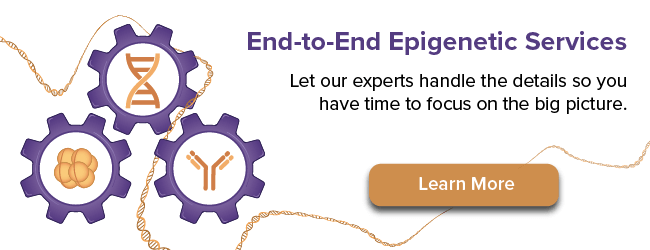
The Discovery of Genomic Imprinting (Azim Surani)
Episode 153
June 19, 2025
In this episode, Professor Azim Surani, shares how his extensive research has significantly advanced the understanding of how the mammalian germline is specified, the mechanisms governing epigenetic reprogramming, and the critical conditions that maintain genomic integrity during early development. The discussion, led by Dr. Stefan Dillinger, provides an overview of Surani's journey into biology, the evolution of his research interests, and the pivotal discoveries that have shaped the field of epigenetics.
Dr. Surani discusses the groundbreaking experiment he co-conducted in 1984 that led to the discovery of genomic imprinting. Initially a student involved in in vitro fertilization at Cambridge, he became intrigued by the implications of parthenogenesis in mammals. Challenging the prevailing cytoplasmic theory of development, Surani and his collaborators demonstrated that normal mammalian development requires contributions from both parental genomes, leading to the introduction of the concept of genomic imprinting—a term Surani defended to describe the phenomenon that he and his team observed.
Surani's research then evolved toward understanding the mechanisms of genomic imprinting, particularly the role of DNA methylation. Throughout the interview, he details specific experiments that elucidated how genes could exhibit imprinted expression depending on the parental lineage, highlighting the importance of epigenetic factors in gene regulation. The revelation that DNA methylation marks were responsible for imprinting solidified the connection between genetic information and epigenetic influence in development.
The conversation dives deeper into the mechanisms involved in germline specification and epigenetic reprogramming. Surani explains his transition into studying mammalian germline development and the intricacies of primordial germ cell specification. Working with his team, he utilized single-cell approaches to investigate gene expression profiles specific to germ cells, identifying critical factors like PRDM1 and PRDM14 that repress somatic gene programs while initiating germline-specific pathways. This work underscored the complex interplay of genetic and epigenetic factors that govern the development of germ cells.
Another focus of the interview is the comparison of epigenetic resetting between mouse and human germlines. Surani addresses key differences in the timing and mechanisms of epigenetic reprogramming in humans, particularly the involvement of specific factors such as SOX17, which emerged as a crucial player in human germline specification, contrary to his earlier expectations. The discussion also highlights the technical challenges researchers face when studying human embryos due to ethical constraints, driving innovation in model systems such as stem cells to explore germline development.
References
- Surani MA, Barton SC, Norris ML. Development of reconstituted mouse eggs suggests imprinting of the genome during gametogenesis. Nature. 1984 Apr 5-11;308(5959):548-50. doi: 10.1038/308548a0. PMID: 6709062.
- Surani MA, Barton SC, Norris ML. Nuclear transplantation in the mouse: heritable differences between parental genomes after activation of the embryonic genome. Cell. 1986 Apr 11;45(1):127-36. doi: 10.1016/0092-8674(86)90544-1. PMID: 3955655.
- Ohinata Y, Payer B, O'Carroll D, Ancelin K, Ono Y, Sano M, Barton SC, Obukhanych T, Nussenzweig M, Tarakhovsky A, Saitou M, Surani MA. Blimp1 is a critical determinant of the germ cell lineage in mice. Nature. 2005 Jul 14;436(7048):207-13. doi: 10.1038/nature03813. Epub 2005 Jun 5. PMID: 15937476.
- Hajkova P, Ancelin K, Waldmann T, Lacoste N, Lange UC, Cesari F, Lee C, Almouzni G, Schneider R, Surani MA. Chromatin dynamics during epigenetic reprogramming in the mouse germ line. Nature. 2008 Apr 17;452(7189):877-81. doi: 10.1038/nature06714. Epub 2008 Mar 19. PMID: 18354397; PMCID: PMC3847605.
Related Episodes
- Epigenetic Reprogramming During Mammalian Development (Wolf Reik)
- Epigenetic and Metabolic Regulation of Early Development (Jan Żylicz)
- Epigenetic Mechanisms in Genome Regulation and Developmental Programming (James Hackett)
- Epigenetic Mechanisms of Mammalian Germ Cell Development (Mitinori Saitou)
- Exploring DNA Methylation and TET Enzymes in Early Development (Petra Hajkova)







